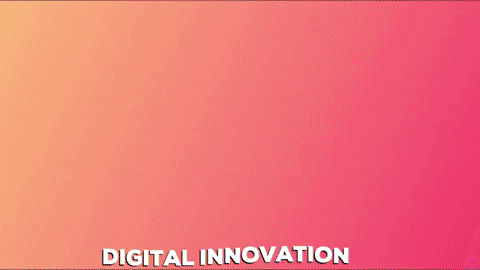Web3 hubs
Web3 hubs are community-driven spaces designed to facilitate the development and adoption of decentralized technologies. They operate on the principles of blockchain, which is a secure, transparent, and immutable ledger that enables peer-to-peer transactions without the need for intermediaries. Web3 hubs provide access to cutting-edge tools and resources for developers, entrepreneurs, and investors who are interested in building decentralized applications (dApps) or launching blockchain-based startups.
They also foster collaboration, education, and networking opportunities among stakeholders in the blockchain ecosystem.
The United Arab Emirates (UAE) has been at the forefront of innovation, particularly in technology. In recent years, the country has seen a rise in the establishment of web3 hubs, which are dedicated spaces for digital innovation and entrepreneurship. The first web3 hub in the UAE was established in 2017 by Dubai Future Foundation, followed by several others across the country.
These hubs provide a collaborative environment for entrepreneurs and innovators to develop and implement cutting-edge technologies such as blockchain and artificial intelligence.
Web3 hubs can benefit digital innovation in the UAE by providing a collaborative environment for entrepreneurs, developers, and investors to work together on innovative projects. The use of blockchain technology and smart contracts can ensure transparent and secure transactions, while decentralized applications (dApps) can offer new business models and revenue streams. Additionally, web3 hubs can attract international talent and investment to the UAE’s tech ecosystem, leading to greater economic growth and job creation.
By embracing web3 technology, the UAE can position itself as a leader in digital innovation and entrepreneurship.

Web3 hubs have the potential to become a catalyst for entrepreneurship in the UAE. These hubs offer a unique platform for entrepreneurs to explore innovative ideas and develop new products or services. By leveraging blockchain technology and other decentralized systems, web3 hubs can provide an environment that fosters creativity, collaboration, and experimentation. The UAE has already established itself as a hub for innovation and entrepreneurship, and web3 hubs could further enhance this reputation by attracting more talent, funding, and partnerships.
The UAE is already home to some successful web3 hubs that have paved the way for digital innovation and entrepreneurship. For instance, Dubai Future Accelerators has helped numerous startups in the blockchain and cryptocurrency space, including BitOasis, a leading digital asset exchange in the region. Another success story is Consensys Dubai, which has been instrumental in promoting blockchain adoption across various industries.
Moreover, Hub71, a tech hub based in Abu Dhabi, has supported several startups focused on web3 technologies such as NFT marketplaces and decentralized finance platforms.
The future of web3 hubs in the UAE presents numerous opportunities for digital innovation and entrepreneurship. With the country’s rapidly growing tech sector, web3 hubs can provide a platform for startups to leverage blockchain technology and develop decentralized applications. However, challenges such as regulatory uncertainty and lack of awareness among potential users may impede the growth of these hubs. Additionally, competition from established tech ecosystems in neighbouring countries may pose a threat to the success of web3 hubs in the UAE.
Despite these challenges, the potential benefits of web3 hubs make them an exciting prospect for digital transformation in the region.
